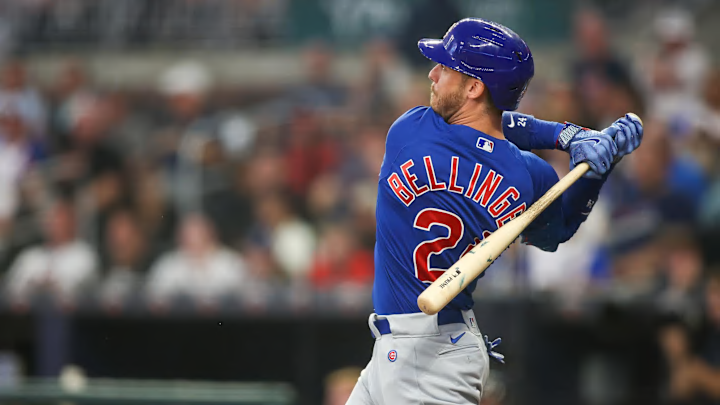The irony of the Chicago Cubs' Cody Bellinger deal is that after all the months of hemming, hawing, posturing, and denial of the obvious, the two sides came to terms on an eminently common-sense deal.
Scott Boras, the agent for Bellinger, and Cubs President Jed Hoyer agreed on a three-year, $80 million contract that gives the player opt outs after both years one and two.
There is so much that is logical about this agreement that one only wonders how it wasn’t signed Dec. 1 rather than late February.
The pluses for Bellinger should be obvious. To wit:
1. He returns to the Cubs, a team he professed all along to wanting to play for.
2. He’ll make $30 million in 2024, nearly double the $17.5 million he made last year.
3. If, as Bellinger and his agent believe, he is fully back to his Rookie of the Year and MVP form of five seasons ago, he will enjoy another banner season in 2024 and then opt out, allowing him to hit the open market again with a virtually bullet-proof resume while still in his 20s.
4. Ditto for 2026.
5. If 2023 was, as some fear, an anomaly, Bellinger has the protection of three seasons of a guaranteed healthy payday during which to re-establish his market value. Even under that worst-case scenario, he’ll still be entering only his age-31 season when this deal expires.
The Cubs, too, come out of this as winners. Here’s why.
1. They get Bellinger back, something their fans and – more importantly -- their players had been demanding.
2. Bellinger’s presence takes all the heat off touted rookies Pete Crow-Armstrong in center field and Michael Busch at first base.
3. And, since Bellinger can play both of those positions, his return doesn’t block the development of either of them. If one of the rookies flops, he goes back to Triple-A. If somehow they both contribute, the Cubs have three competent regulars for two spots, plus the DH role. What’s wrong with that?
4. The opt-out provisions provide an additional release valve in the event Crow-Armstrong and Busch both develop. If that happens and Bellinger exercises his opt out, the Cubs are fixed, and at a far lesser short-term cost.
5. The Cubs managed to avoid the one scenario they truly dreaded: signing Bellinger to a long-term deal that might tie their hands as one of the strongest stores of young talent in the game matures. They have the flexibility to respond two or three years from now, when the best of that young talent needs to be paid.
The only potential downside isn’t much of one. It occurs if Bellinger delivers a legit MVP season or two, perhaps driving the Cubs well into the postseason, then exercises that opt out.
In that event, Cubs fans might have to console themselves against Bellinger’s loss with the postseason hardware he left in their possession. I’m thinking that’d be a fair trade.
A's temporary move to Salt Lake City could pave the way for MLB expansion in Utah (calltothepen.com)
